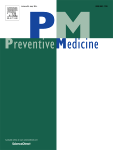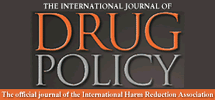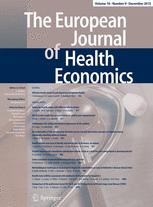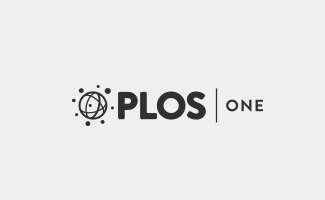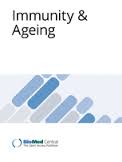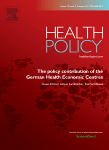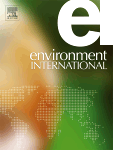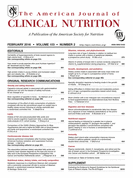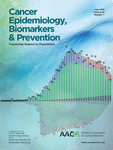Mapping capacity to conduct health technology assessment in Central, Eastern and South-Eastern Europe
AIM: To provide insights into the capacity to conduct health technology assessment (HTA) in Central, Eastern, and South-Eastern Europe (CESEE), taking account of technical, financial, networking, and human resources. METHODS: An e-mail survey of 257 CESEE key informants involved in HTA was undertaken between March and April 2014. Contact e-mail addresses were identified from the…




